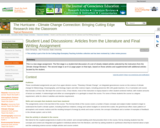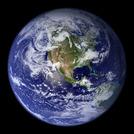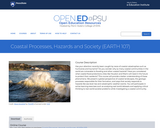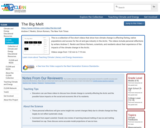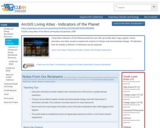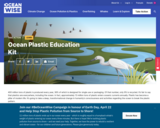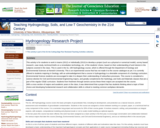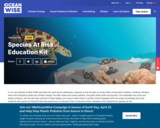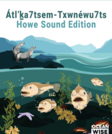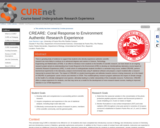
There is growing body of evidence to support that students who directly experience authentic scientific research are more likely to continue onto advanced degrees and careers in Science, Technology, Engineering and Mathematics (STEM). In an effort to introduce more students to the benefits of scientific research we have drawn on an ongoing research project aimed at understanding how Corals Respond to the Environment (CRE) to develop an interdisciplinary laboratory course based on Authentic Research Experiences (ARE). A small cohort of undergraduate students enrolled in a semester-long course, entitled CREARE, perform biochemical experiments in the laboratory, analyze environmental data by R statistical software and prepared a report modeled after a research manuscript to present their work. The impact of CREARE on student learning gains and attitudes towards science is being measured, as is the impact of CREARE on participants' career choices and retention in STEM. This multidisciplinary research program addresses the impact of climate change on the health of a critically endangered coral species, ultimately leading to a better stewardship of this invaluable resource. Furthermore, CREARE offers a unique experience for students, one that may serve as a model for the development of more research-based courses, leading to improved retention in our STEM departments.
(Note: this resource was added to OER Commons as part of a batch upload of over 2,200 records. If you notice an issue with the quality of the metadata, please let us know by using the 'report' button and we will flag it for consideration.)
- Subject:
- Applied Science
- Biology
- Career and Technical Education
- Environmental Science
- Environmental Studies
- Life Science
- Mathematics
- Oceanography
- Physical Science
- Statistics and Probability
- Material Type:
- Activity/Lab
- Provider:
- Science Education Resource Center (SERC) at Carleton College
- Provider Set:
- Teach the Earth
- Author:
- Juan Ramirez Lugo
- Date Added:
- 06/14/2022
